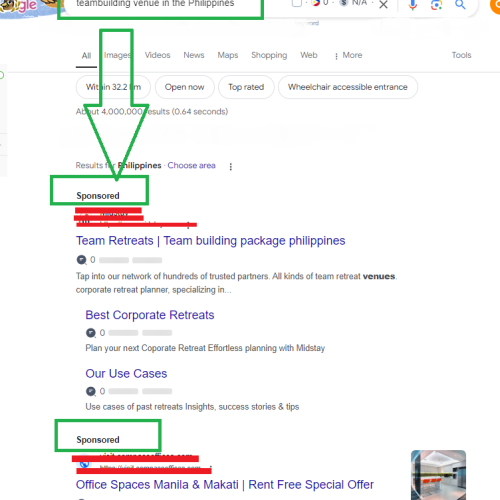Search Engine Marketing, commonly referred to as SEM, is a form of online marketing that involves promoting websites by increasing their visibility in search engine results pages (SERPs) through paid advertising. Unlike Search Engine Optimization (SEO), which focuses on organic traffic, SEM uses paid strategies to drive targeted traffic to your website.
How Does SEM Work?
SEM operates primarily through the use of Pay-Per-Click (PPC) advertising. Here’s a breakdown of how it works:
- Keyword Research: Identifying the most relevant keywords that potential customers use when searching for products or services similar to yours.
- Creating Ads: Developing compelling advertisements that will appear in search engine results when users enter your selected keywords.

- Bidding on Keywords: Participating in auctions where you bid on the keywords you want your ads to appear for. The amount you bid affects your ad’s placement in the search results.
- Ad Placement: Search engines display your ads in prominent positions on the SERPs, usually at the top or bottom.
- Pay-Per-Click: You pay a fee each time a user clicks on your ad, hence the term Pay-Per-Click.
Benefits of Search Engine Marketing
Immediate Visibility: SEM provides instant visibility on search engines, allowing your ads to be seen by potential customers immediately after your campaign goes live.
Targeted Advertising: SEM allows you to target specific demographics, locations, and times, ensuring your ads reach the right audience.
Measurable Results: With SEM, you can track the performance of your ads in real-time, making it easier to measure ROI and adjust your strategies accordingly.
Increased Traffic: By appearing in prominent positions on search engines, SEM drives more traffic to your website, potentially increasing conversions and sales.
Brand Awareness: Even if users don’t click on your ads, appearing in search results helps increase brand recognition and credibility.
How to Get Started with SEM
- Define Your Goals: Determine what you want to achieve with your SEM campaign, whether it’s increased traffic, higher sales, or greater brand awareness.
- Conduct Keyword Research: Use tools like Google Keyword Planner to find relevant keywords that your target audience is searching for.
- Set a Budget: Decide how much you are willing to spend on your SEM campaign and allocate your budget accordingly.
- Create Compelling Ads: Write persuasive ad copy that includes your target keywords and a clear call to action.
- Monitor and Optimize: Regularly review your campaign’s performance and make necessary adjustments to improve results.
Hire a Search Engine Marketing Expert
Search Engine Marketing is a powerful tool that can significantly enhance your online presence and drive targeted traffic to your website. By leveraging SEM, businesses can achieve immediate visibility, increase brand awareness, and boost their overall marketing efforts. If you’re looking to grow your business online, SEM is an essential strategy to consider.







